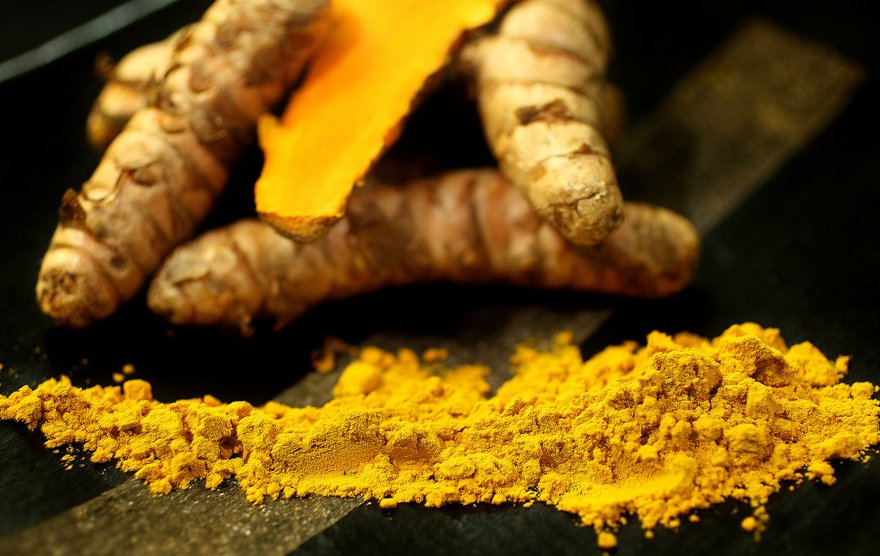If you’re a regular reader of health news, you have certainly seen the recent articles praising turmeric as a super food. Turmeric, or Curcuma longa, has been used in many cultures as a food and medicinal agent for thousands of years. You have probably noticed it being sold as a supplement in vitamin sections and supplement shops everywhere.
Turmeric is one of the most heavily researched plants in botanical medicine. The most widely studied medicinal constituents of turmeric are known as curcuminoids, which are present in the orange root-stem part known as the rhizome. Curcumin is the most active of these curcuminoids and has been found to inhibit several inflammatory enzymes. Thus, the anti-inflammatory benefits of turmeric are widespread throughout the body. If you have something that’s inflamed, it is likely turmeric can help modulate or calm the inflammation. In addition to being an inflammation modulator, turmeric has many other benefits, including the following:
Stimulation of the liver and gall bladder to make and release bile. This results in a powerful digestive aid ideal for treating symptoms of dyspepsia or indigestion as a result of fat malabsorption, which also improves the absorption of fat soluble vitamins (A,D, E, and K). Do you belch excessively or get heart burn after eating? Have you ever been told you have a Vitamin D deficiency or do you suffer from seasonal affective disorder (SAD)? Including turmeric in your whole foods based diet will probably help.
[wp_ad_camp_1]
In individuals with high cholesterol or highly coagulable blood, turmeric lowers plaque build-up in the arteries via inhibition of platelet, or clotting, activity. Caution is needed for those taking Warfarin, a blood thinner. Seek advice from your health care provider.
A useful antimicrobial for fighting infections. You can find turmeric in many over-the-counter supplements used for treating the common cold or intestinal bug. It can also be used topically in a paste to treat skin infections, but be warned, this will leave a temporary stain on skin and a permanent stain on clothing.
There is evidence turmeric may prevent cancer by protecting our DNA from free radical damage.
Turmeric supplements are frequently recommended and helpful for all forms of arthritis and other musculoskeletal conditions. Recent research demonstrates turmeric is useful for prevention of Alzheimer’s disease.
With all these amazing benefits, you may want to incorporate turmeric into your daily life. Luckily, this is easy and delicious! We have included recipes for one of our favorite traditional Ayurvedic beverages, a delicious creamy cauliflower dish, and a sweet treat. These are easy and relatively quick recipes to make. Note the importance of adding black pepper or consuming with fat for optimal intestinal absorption of the active constituents.
Source: kitsapsun.com










In my view, that’s why Turmeric has a place as a very important place in all auspicious ceremonies of the Hindus.
Exactly.